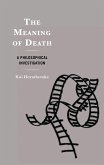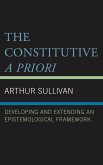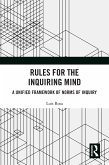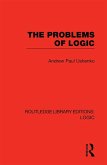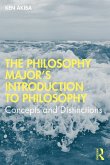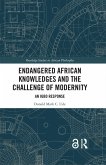Expression is typically construed as a relation between two ontologically distinct items-namely, a vehicle and a content-but it is better construed non-relationally, since the content is an intrinsic aspect or quality of the expressive vehicle. Upon this basis, The Expressive Self: The First Person in Speech and Thought argues that the distinctive nature of the first-person perspective must be accounted for in expressive, rather than epistemic, terms. For though others can report on what one expresses, one alone is able to non-relationally express oneself; one alone is able to produce vehicles that are episodes of one's self-consciousness. According to Ángel García Rodríguez, the ensuing expressive model of the self provides clarity on some prominent contemporary puzzles, notably Moore's paradox, self-deception, and McKinsey's paradox, given the duality of non-relationally expressive and reporting uses of the underlying first-person claims. Moreover, the phenomena of self-reference and first-person authority, both psychological and bodily, pose no objection to the model. Throughout, the author engages critically with alternative conceptions of the self, delivering a novel account that helps advance the debate about the nature of the self and of the first person.
Bitte wählen Sie Ihr Anliegen aus.
Rechnungen
Retourenschein anfordern
Bestellstatus
Storno




